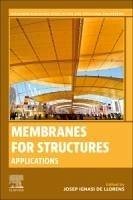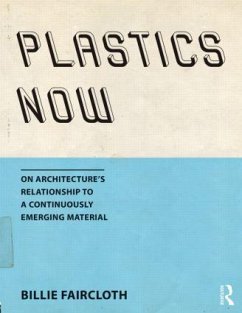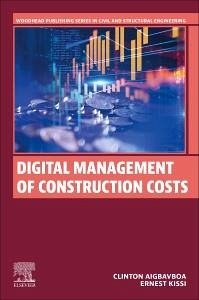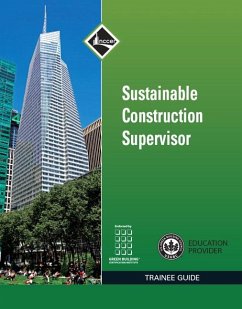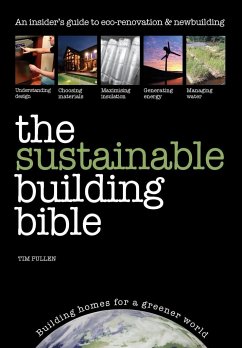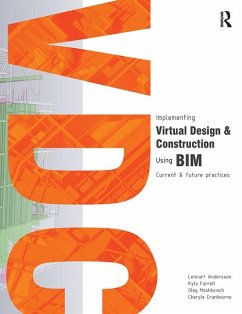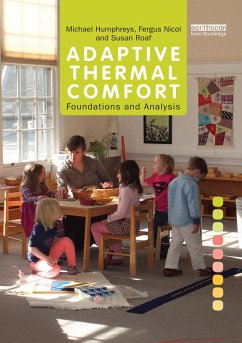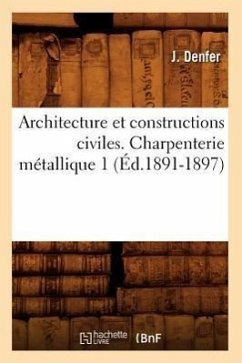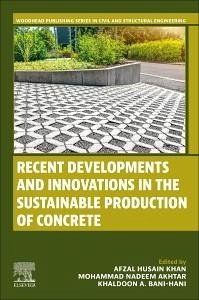
Recent Developments and Innovations in the Sustainable Production of Concrete

PAYBACK Punkte
136 °P sammeln!
Recent Developments and Innovations in the Sustainable Production of Concrete covers the various aspects of sources, materials, and waste products in concrete production, innovation in materials-new technological developments, and the upgradation of existing concrete production systems. Importantly, it covers the so-called EEE aspects (Economy, Energy, and Environment), not touched by other books. The books also highlights the sustainability aspects of concrete production when recycled materials are added. Case studies are used to demonstrate the practical aspect of concrete production, includ...
Recent Developments and Innovations in the Sustainable Production of Concrete covers the various aspects of sources, materials, and waste products in concrete production, innovation in materials-new technological developments, and the upgradation of existing concrete production systems. Importantly, it covers the so-called EEE aspects (Economy, Energy, and Environment), not touched by other books. The books also highlights the sustainability aspects of concrete production when recycled materials are added. Case studies are used to demonstrate the practical aspect of concrete production, including the machine learning approach.




